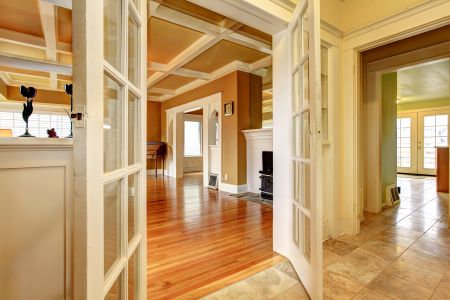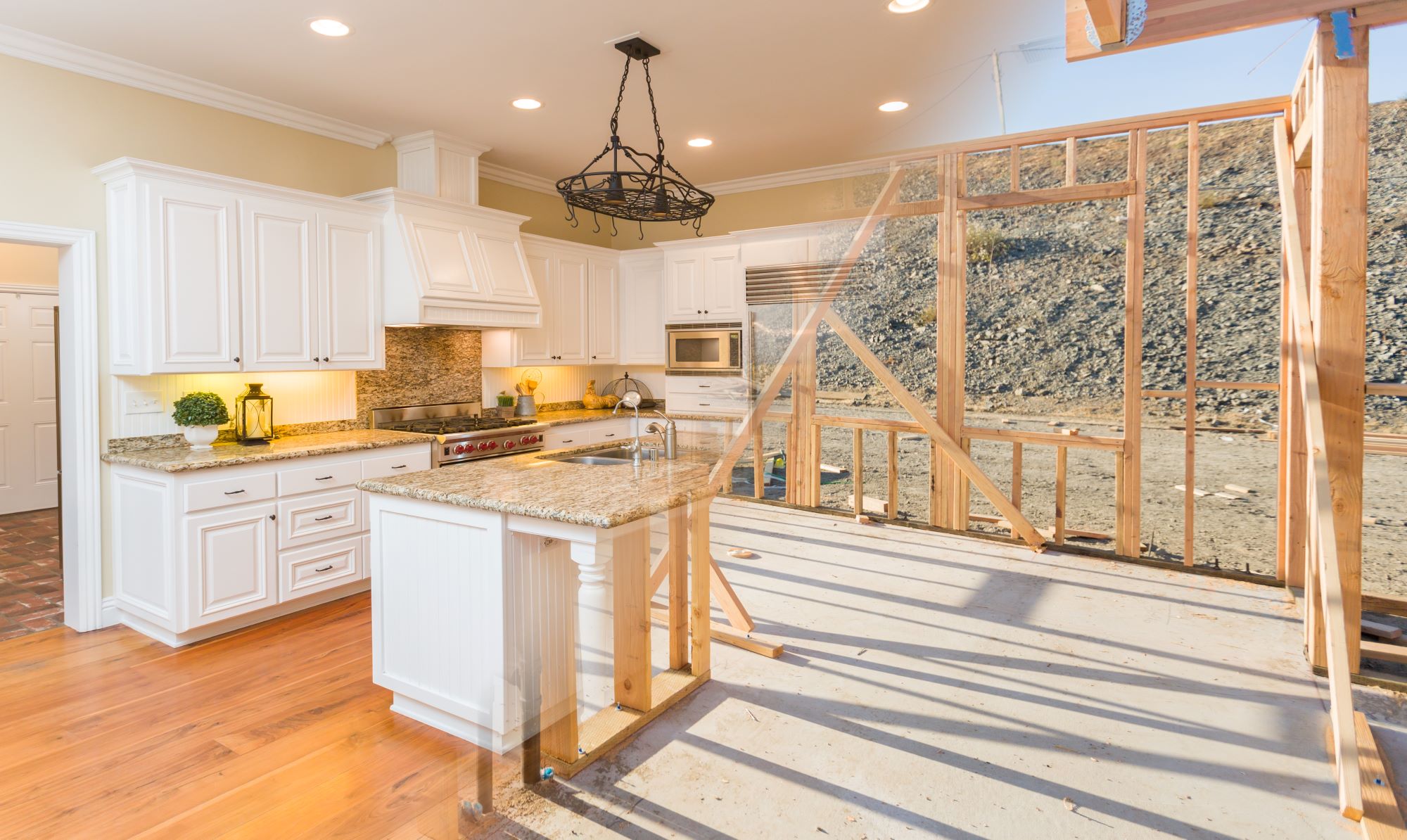The decision to remain in your home during an addition construction largely depends on the scope and scale of the project, safety considerations, and your personal tolerance for disruption. Home remodeling services, home renovation contractors, and custom home remodeling professionals can provide valuable guidance on whether it’s feasible to stay put during construction. Let’s delve into the factors that can influence this decision and the various aspects that homeowners should consider.
Scope and Scale of Construction
The extent of the construction is a critical factor in determining whether you can live in your home during the project. Small-scale additions, such as a sunroom or a bump-out for a larger kitchen, may allow for a more comfortable living situation with proper planning and precautions. However, larger-scale projects, like adding multiple rooms or a second story, often involve significant structural changes that might compromise the ability to occupy the home safely during construction.
Safety Considerations
Safety is the paramount concern for both the construction crew and the homeowners. Home renovation contractors are responsible for maintaining a safe work site, which can be more challenging with occupants in the home. There are several potential hazards during a home addition, including:
Exposure to Dust and Debris: Construction can generate a lot of dust and debris, which can be hazardous to your health, especially for those with respiratory issues.
Noise Pollution: The constant noise from construction equipment can be disruptive and stressful over time.
Chemical Fumes: Paints, solvents, and other materials used in construction can release harmful fumes.
Physical Hazards: Tools, machinery, and exposed wiring or plumbing can pose physical risks to the inhabitants.
Quality of Life During Construction
Living through an addition project means enduring ongoing noise, dust, and vibrations. The quality of life can be significantly affected, with construction activity often starting early in the morning and continuing throughout the day. Some people can adapt to these temporary conditions, but for others, it may be too intrusive, especially for those who work from home or have small children.

Zoning and Legal Requirements
In some cases, local building codes and zoning regulations might influence the decision. Certain types of construction may legally require you to vacate the premises, particularly if there are significant structural changes that affect the home’s primary living areas. Home remodeling services can assist in understanding the local regulations and obtaining the necessary permits for your project.
Access to Essential Services
If the addition impacts critical areas of your home, such as the kitchen or bathrooms, the ability to perform daily routines may be compromised. Home renovation contractors can sometimes work in phases or provide temporary solutions, but these may not be adequate for comfortable living over an extended period.
Project Duration
The expected duration of the construction project is also a significant consideration. For short-term projects, you might find it manageable to live with the inconveniences, but for projects that span several months, the daily disruption could become too burdensome.
Custom Home Remodeling Considerations
For custom home remodeling projects that involve high levels of personalization and intricate work, contractors may recommend that you relocate temporarily. This recommendation is often due to the complexity and precision required for custom work, which can be hindered by having to work around the homeowners’ daily lives.
Communication with Contractors
Open and honest communication with your home renovation contractors is vital. Before deciding whether to stay or move out, have a detailed discussion about the expected impact of the construction on your living space. This conversation should cover schedules, safety procedures, measures to minimize dust and debris, and any potential periods when utilities may be disconnected.
Cost of Temporary Relocation
The financial aspect of temporarily relocating should be weighed against the inconvenience of staying. While staying may save you the cost of a rental, it may also potentially extend the project timeline (and cost) if the workers need to accommodate your living situation.
Emotional and Mental Preparedness
Living on-site during an addition can be emotionally and mentally taxing. There’s a level of preparedness required to handle the lack of privacy, the constant presence of workers, and the general upheaval that comes with construction.
Possible Compromise: Partial Occupation
In some cases, a middle ground can be found where parts of the home remain habitable while other sections are under construction. This might involve setting up temporary kitchen facilities or using only bathrooms that aren’t affected by the construction.
Planning and Phasing the Construction
A well-planned and phased construction approach, managed by experienced home remodeling services, can make it feasible to live in your home during the addition. For instance, contractors can erect temporary walls or plastic sheeting to help contain dust and debris.
Professional Advice
Ultimately, professional advice from home remodeling services is invaluable in making this decision. They can assess the specifics of the project, consider all variables, and provide an informed recommendation. Experienced contractors will understand how to balance project efficiency with your comfort and can propose solutions that may not be immediately apparent to the layperson.
In conclusion, whether or not to move out during the construction of a home addition is a personal choice that depends on many variables. It’s important to consider the project’s scope, the potential hazards and inconveniences, the impact on daily life, legal requirements, financial implications, and emotional tolerance for the disruption. The expertise of home renovation contractors is essential in making this decision. They can provide insights into the construction process, offer accurate timelines, and ensure that the custom home remodeling work is carried out with the least amount of stress possible.
Before making a final decision, weigh the pros and cons with your contractor and, if possible, speak with others who have faced similar decisions. Careful planning and clear communication with your home remodeling team can help ensure that your living arrangement during construction is the right fit for your situation, allowing for a smoother remodeling experience and successful completion of your new home addition.

